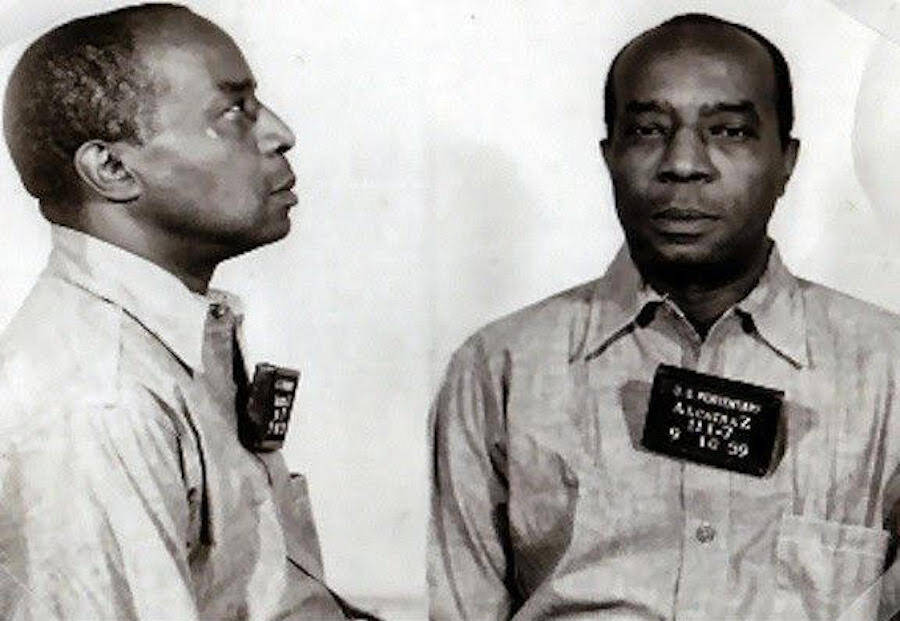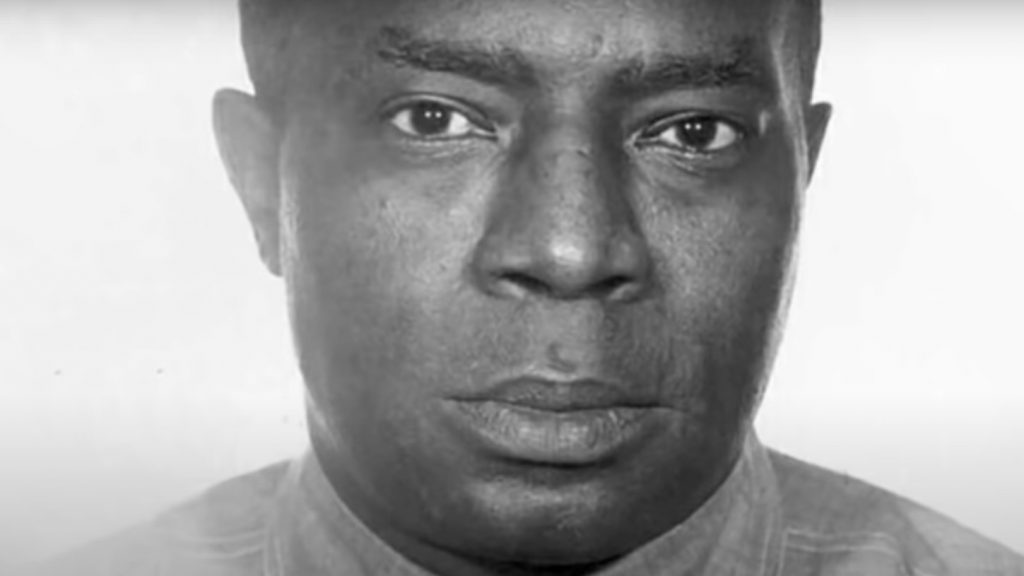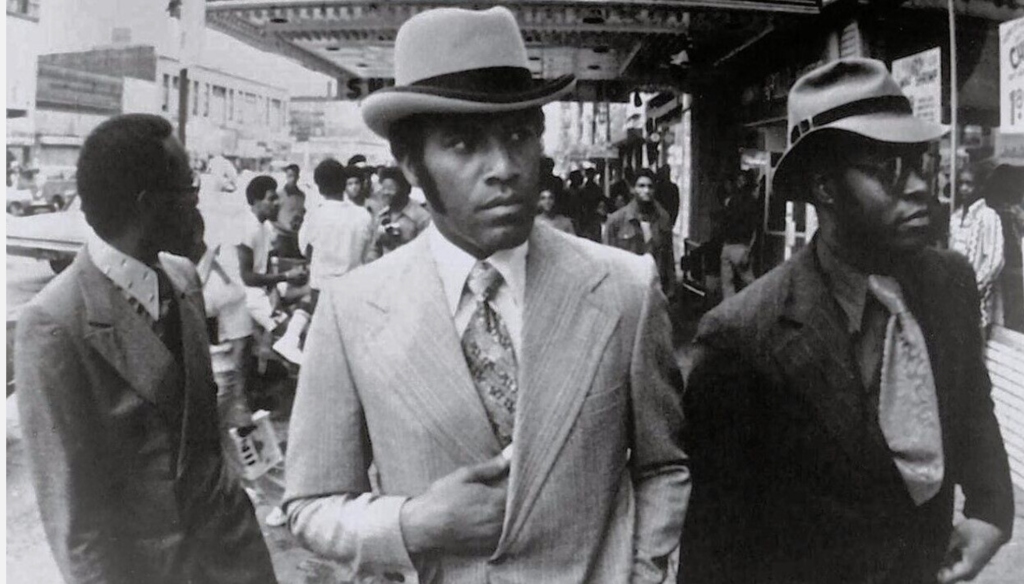Bumpy Johnson: The Harlem Godfather - Biography & Story
Was Ellsworth "Bumpy" Johnson, the man who reigned supreme over Harlem's underworld, truly a paradoxical figure, simultaneously a ruthless gangster and a man of surprising depth? The truth is, Bumpy Johnson was a complex character whose life story reveals a fascinating blend of brutality, intelligence, and unexpected tenderness, a man who navigated the treacherous waters of the 20th-century American underworld with a unique combination of cunning and ruthlessness.
Born Ellsworth Raymond Johnson in Charleston, South Carolina, on October 31, 1905, to Margaret Moultrie and William Johnson, his journey into the world of crime began in his youth. He would become an American crime boss in the Harlem neighborhood of New York City. Bumpy first rose to prominence under the tutelage of Stephanie St. Clair, a powerful figure in Harlem's numbers racket, an industry that would be the foundation of his own empire. His life was a story of violence and survival, of calculated risks and brutal consequences. From drug trafficking to illegal gambling and the operation of private speakeasies, Johnson controlled a vast network of illicit activities in the neighborhood. His name became synonymous with power and fear, a reputation that solidified his place in the annals of criminal history.
| Category | Details |
|---|---|
| Full Name | Ellsworth Raymond Johnson |
| Nickname | Bumpy |
| Birth Date | October 31, 1905 |
| Birthplace | Charleston, South Carolina |
| Death Date | July 7, 1968 |
| Death Place | New York City |
| Occupation | American Crime Boss, Bookmaker |
| Known For | Controlling Harlem's criminal activities, friendship with Malcolm X |
| Spouse | Mayme Hatcher (married 1948) |
| Years Active | 1930s - 1960s |
| Mentors/Associates | Stephanie St. Clair, Lucky Luciano |
| Key Activities | Gambling, Extortion, Narcotics, Protection rackets |
| Legacy | One of the most notorious and influential crime bosses in Harlem's history. |
| Reference | Wikipedia |
The story of "Bumpy" Johnson is more than just a tale of a gangster; it's a window into the social and political landscape of mid-20th century America, particularly the vibrant and complex world of Harlem. His association with the Italian-American Mafia, notably Lucky Luciano, highlights the interconnectedness of organized crime across different ethnic lines. Johnson's ability to navigate these relationships, brokering deals and resolving disputes, was key to his power and survival. Johnson's influence extended beyond the confines of his neighborhood, a testament to his reputation as one of the most powerful and feared gangsters of his time. The nickname "Harlem Godfather," given to him by his wife, Mayme Hatcher, speaks to the reverence and, perhaps, the fear he inspired.
Johnson's life, however, wasn't limited to the criminal underworld. He was known to be a voracious reader, with a deep interest in philosophy and poetry. This intellectual side adds another layer of complexity to his character, challenging the simplistic image of a purely violent gangster. He was also a devoted family man. He married Mayme Hatcher in 1948. Their relationship, a significant chapter in his tumultuous life, reveals a more human side to the man who controlled Harlem's criminal empire. He was also a mentor to the future drug trafficker Frank Lucas, who eventually took Johnson's teachings to another level with his crime organization.
The contrast between his public persona and his private life is a defining characteristic of Bumpy Johnson. In the 1997 film "Hoodlum," actor Laurence Fishburne portrayed Johnson, bringing to life the notorious gangster and his clashes with rivals as he fought to maintain his power in the tumultuous world of 1930s Harlem. Another portrayal came with the TV prequel to the 2007 film "American Gangster," which centered on Frank Lucas's criminal enterprise. The series, which came in the 1960s, allows for a deeper exploration of the relationship between the two men. The upcoming project featuring Forest Whitaker in the role continues this trend, further cementing Johnson's place in popular culture. His life is the subject of ongoing fascination, and his story continues to be retold and reinterpreted, ensuring that the legacy of "Bumpy" Johnson lives on.
Johnsons shocking death, in 1968, highlights the unpredictable nature of the life he led. He died like a "schnook," a common man, a stark contrast to the larger-than-life figure he had become. The circumstances surrounding his death, like so much of his life, remain shrouded in a degree of mystery, adding another layer to the enigma of Ellsworth "Bumpy" Johnson. Bumpy always found himself back on the streets, despite being arrested dozens of times. The very fact that his story continues to captivate audiences, decades after his death, underscores his enduring impact. The nickname given to him due to a bump on the back of his head adds a hint of irony. It's a story of power, violence, and survival, a testament to the complex and often contradictory nature of the human experience. It is a story of a man who transcended his environment and became a legend in his own time.


